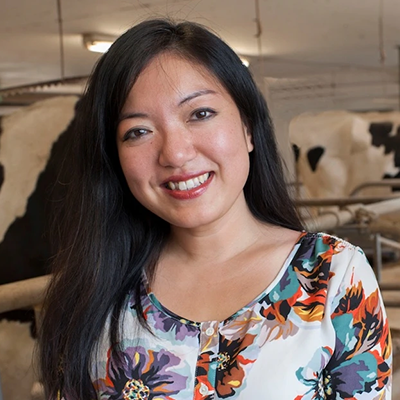
Felicia Wu, John A. Hannah Distinguished Professor and University Distinguished Professor in Michigan State University’s College of Agriculture and Natural Resources, was selected to serve as co-chair of the National Academies of Sciences, Engineering and Medicine, or NASEM, committee on the ethical, legal, environmental, safety, security, and other appropriate societal issues related to engineering biology research and development.
“It is such an honor to co-chair this National Academies committee,” Wu said. “While I’ve worked in agricultural biotechnology since 2000, so much has changed since then that its applications now were almost unimaginable 25 years ago. For example, we can imbed genetically engineered, or GE, microbes into concrete so that it has the ability to self-heal from cracks.
“We also can employ GE microbes in soil to allow crops to fix nitrogen from the air as fertilizer, rather than needing to apply nitrogen fertilizers that then contaminate our water,” she said. “Other GE microbes can remediate pollution spills on land or in water. We can program cells, and make synthetic cells, with a variety of functions. But even as we celebrate biotechnology’s possibilities, we need to carefully assess risks as well as ethical, legal and social implications of such technologies.”
Wu said that the National Academies committee is also examining the risks associated with mirror life — a concept in synthetic biology where cells, including bacterial cells, are created with DNA and proteins that are mirror images of those found in natural life. If such mirror bacteria could be created, they may evade organisms’ natural immune responses and could pose risks to human health and the ecosystem,” Wu said. “This work builds on research conducted by MSU's Richard Lenski and James Tiedje.”
